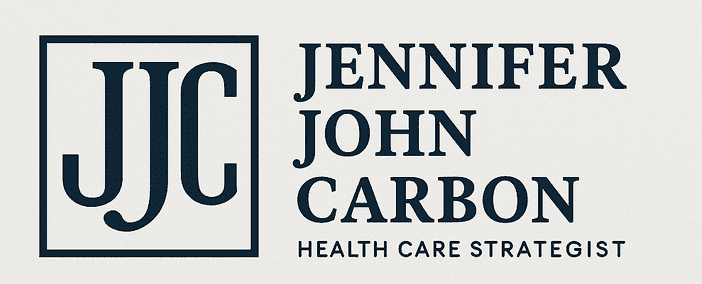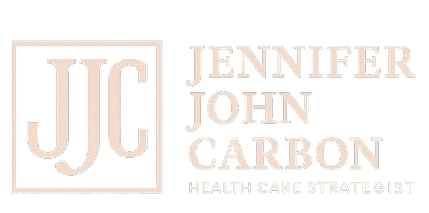As the healthcare landscape evolves, so must the agencies that support it. From staffing shortages to increasing compliance demands, 2025 presents both challenges and unique growth opportunities for healthcare entrepreneurs. Whether you’re just launching your agency or scaling an existing one, these five shifts will help you stay competitive, mission-driven, and profitable.
1. Shift from Hiring Quickly to Hiring Strategically
Speed is no longer a competitive advantage if it compromises quality. The most successful agencies are building pipelines of talent who align with both clinical skills and company culture. Implement structured interviews, use behavior-based assessments, and invest in onboarding processes that retain top talent.
Pro Tip from Jennifer:
“Prioritize alignment over availability. A great fit today prevents a turnover headache tomorrow.”
2. Move from Reactive to Proactive Workforce Planning
Stop scrambling to fill last-minute roles. Start forecasting needs based on client trends, seasonality, and burnout data. Use data-driven scheduling models to optimize coverage and reduce employee fatigue.
Strategic Tip:
Adopt tech tools like shift forecasting and pulse surveys to proactively manage team health and productivity.
3. Shift from Transactional to Transformational Leadership
Your leadership style directly impacts your team’s engagement. In 2025, healthcare staff want more than a paycheck—they want mentorship, purpose, and support. Embrace servant leadership, offer coaching, and create space for growth conversations.
Jennifer’s Insight:
“Empowered leaders build empowered teams. You can’t scale excellence without investing in people.”
4. Evolve Your Brand Beyond Just ‘Staffing’
Healthcare clients now seek partners, not just vendors. Clarify your value proposition: Are you a staffing agency or a strategic partner in workforce transformation? Thought leadership, branding, and consistent messaging make a major difference.
Branding Tip:
Start building a presence on platforms like LinkedIn. Share success stories, workforce insights, and your agency’s mission.
5. Prioritize Operational Excellence and Compliance Culture
Outdated systems are a liability. Streamline your operations with documented workflows, digital tools, and regular audits. Create a culture where compliance is baked into daily operations—not just handled during crises.
Operational Advice:
Use SOPs (Standard Operating Procedures) and cloud-based compliance trackers to keep your team aligned.


